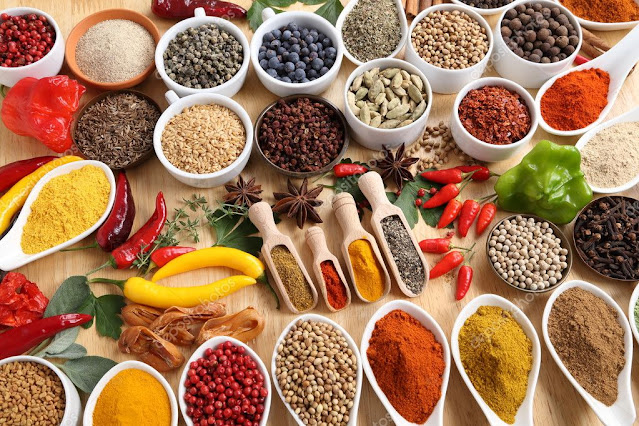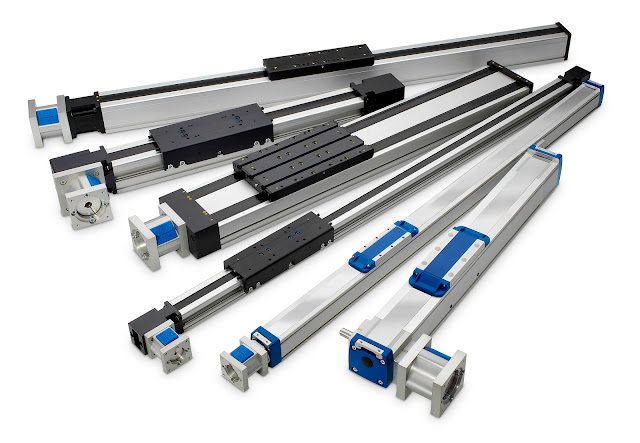Food Preservatives Keep Food Fresher for Longer Time, Extend Shelf Life, and Fight Spoilage
 |
| Food Preservatives |
Food preservatives are substances added to or sprayed
on food to restrict the growth of fungi, bacteria, and other harmful
microorganisms. It is the process of treating food with preservatives to
prevent or reduce decomposition caused by microbes to increase shelf life.
Preservatives are added to food to fight spoilage caused by bacteria, molds,
fungus, and yeast. They help keep food fresher for longer periods of time,
extending its shelf life. Food preservative are also used to prevent or slow
changes in color, texture, flavor, and delay rancidity.
Food preservative can be either natural or synthetic.
Natural preservatives include salt, hops, rosemary and oregano extract, sugar,
alcohol, vinegar, diatomaceous earth, and castor oil. Salt is the most oldest
and effective natural preservative. Salt can preserve meat, fish, &
vegetables. Aforementioned preservatives are the most popular and effective
natural preservatives.
The Food
Preservatives Market was valued at US$ 3.04 Billion in 2021, expected to
exhibit a CAGR of 4.50% during the forecast period (2022 to 2030).
Sodium benzoate, potassium sorbate, and calcium
propionate are used to prevent microbial growth that causes spoilage and to
slow changes in color, texture, and flavor. Artificial food preservatives are
chemical substances added to food during the manufacturing process. Some of the
most popular are sorbic acid, sodium benzoate, butylated hydroxytoluene (BHT),
and butylated hydroxyanisole (BHA). Artificial preservatives slow down/restrict
food deterioration that caused by microorganisms and oxidation reactions. So in
the baking and food industry, artificial food preservative are often used to
extend to shelf-life and preserve quality characteristics during transport and
commercialization.
Preservatives, particularly for foods, have been
around many thousands of years. According to the U.S. Food and Drug Administration
(FDA), food preservative are considered safe if the quantity of preservative
added to the food 'does not exceed the amount required to accomplish its
intended physical, nutritional, and technical effect in food'. Moreover, FDA is
responsible for regulating all color additives to ensure that foods containing
color additives are safe to eat, contain only approved
ingredients and are accurately labeled.



Comments
Post a Comment